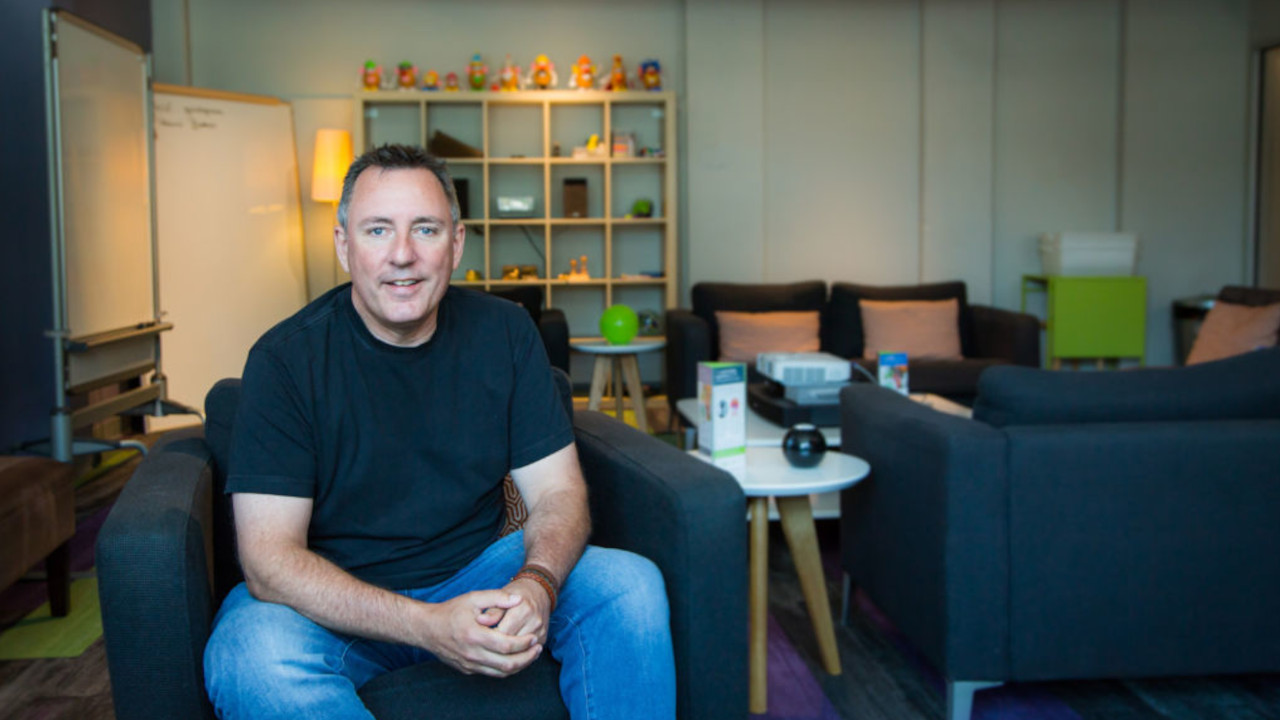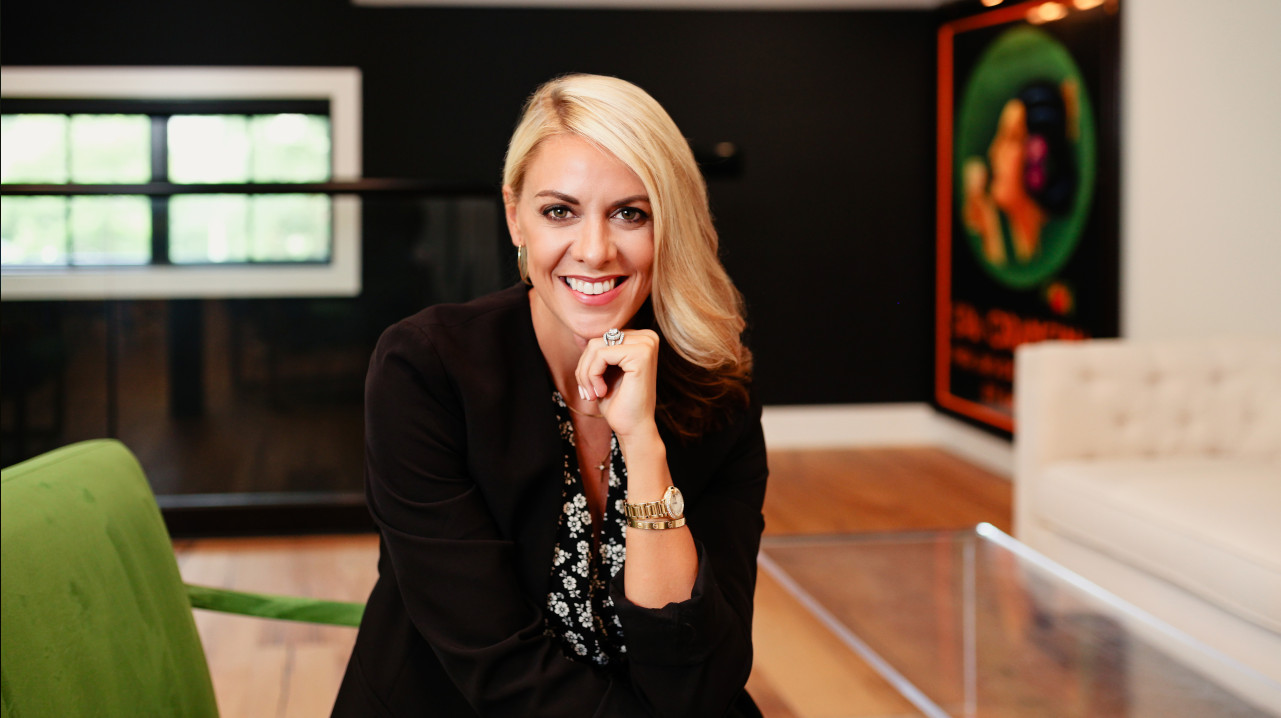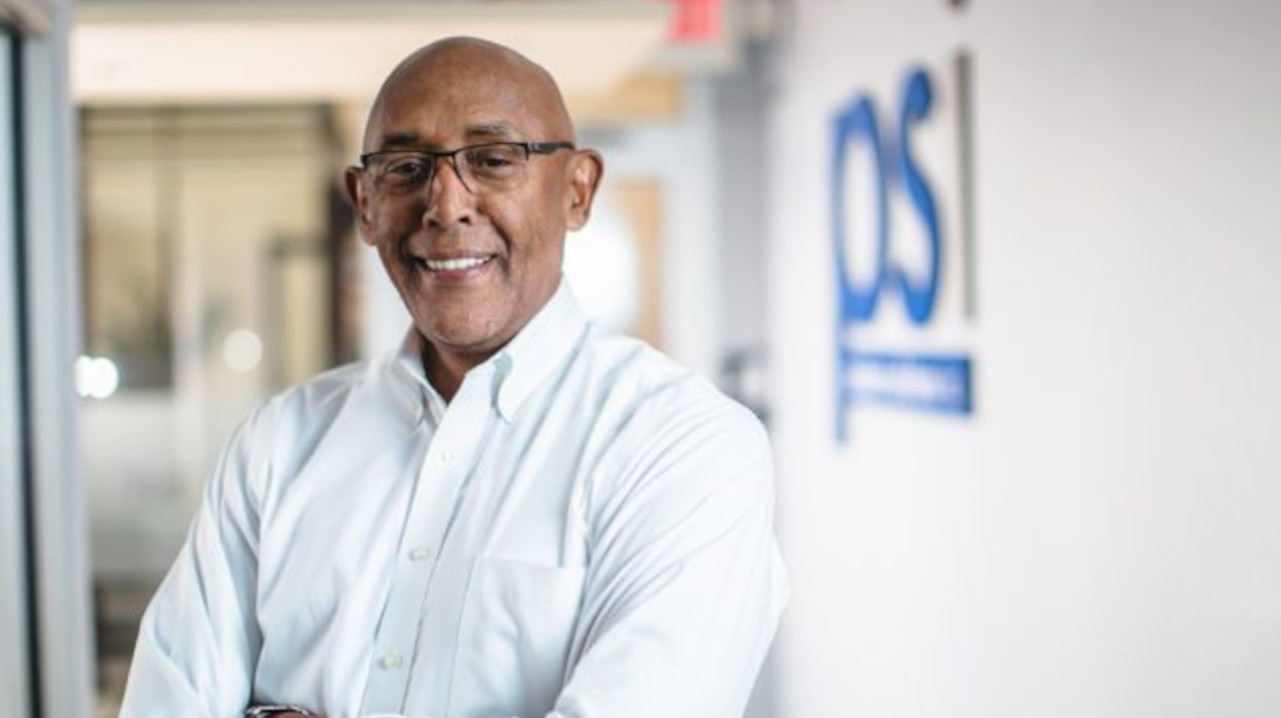Which pillar of Conscious Capitalism is best represented by your business? (Higher Purpose, Stakeholder Orientation, Conscious Leadership, Conscious Culture)
Conscious Culture
Describe how your business aligns with this particular pillar:
I think all the pillars are closely related (and practiced in our biz to varying degrees), but since you asked me to choose, I picked Conscious Culture. Without creating a conscious culture, I think it would be much more difficult to achieve any of the other pillars. At sparkspace, we put our people first. The relationships between our team members is by far our most important success factor. It sets the vibe that makes coming to work more than an obligation, it creates an atmosphere that people really enjoy working in. It doesn’t just “trickle down” to our guests. When we focus on our culture, it FLOWS FREELY to our guests. They see and feel the difference. And they love it, too.
Why have you aligned your business with this (or other) pillars?
When I started sparkspace in 2000, my #1 goal was to create a business that we (myself +
anyone who ever worked for me) would always consider to be”the best place we ever worked.” I honestly didn’t have any grand higher purpose in mind. I just wanted to run a business that was profitable AND made people happy, starting with the people I would spend the most time with — my team. By focusing on our culture, it has encouraged me to be a more conscious leader (and to develop and elevate others to be the same).
Why did you decide to align your business with this pillar?
Maybe it’s best to tell you why I STUCK with this pillar for nearly 20 years. The answer is simple — it works. We have always had the most success when our people are doing what they love in a place they love to work. And I have stayed friends with almost everyone who has ever worked for us, even a few I had to reluctantly let go at various times over the years!
Can you share the challenges you faced in aligning this way?
Maintaining a conscious culture isn’t as easy as it sounds. There are definitely obstacles to
overcome (and keep overcoming). One of those obstacles is to keep your promises to maintain the culture when things get tough. One of the toughest times in our business was in 2009-2010 as the recession finally hit us hard. We lost 40% of our business almost overnight. One thing we did during that time was to be open, honest, and transparent with our people. We told them exactly what was happening, shared our finances with them, and hung on to every one of them as long as we could. In the end, we had to let most of our employees go. But we did it about the best way we possibly could and took care of
them as much as we could afford to. I hated that time in our business, but it is also one of the times I am most proud of because while we were trying to save the business, we still put our people first in the process.
Another challenge is being open to criticism as a leader. I don’t always do the right thing. I don’t always say the right thing. I have even offended some of my employees with some of my decisions, actions, or words. And I have sat alone in a room with them while they expressed their frustration, disappointment, and even anger with me and trying to figure out together how I need to change as a leader. That is INCREDIBLY hard to do, but that’s one way I have always tried to put my people first. Thankfully, it hasn’t happened too often, ha ha! (But it definitely has happened more than once).
What have been the benefits of aligning the business this way?
I feel like a broken record, but happy people = a culture with a great vibe = customers who notice and enjoy doing business with us. It also makes a difference in the lives of the people who work here, and their families, too. Imagine going to a job you dislike where you’re stressed out every day and then going home and trying to be your best for your family. That would suck, and it would be pretty impossible. I think our people go home pretty happy most days (no place is perfect), and I seriously hope that it allows them to be better parents, spouses, friends, etc. outside of work.
What advice might you have for businesses considering aligning with the principles?
Building a conscious culture is not an event, it’s a habit. You have to work at it and involve your people in the process. What does a great place to work look like to THEM? What do they love to do? What makes them want to come to work every day besides a paycheck?
As a leader, you have to sometimes let go of what YOU want or what YOU think makes a great culture. You’re smart, but you don’t have all the answers. And you have to realize that as the leader or owner of a business, you might have different wants and needs than your employees do. You’re in a different position and likely a different life stage than some/most of the people who work for you. Talk to them. Pay attention to what they say. Build your culture around that.


